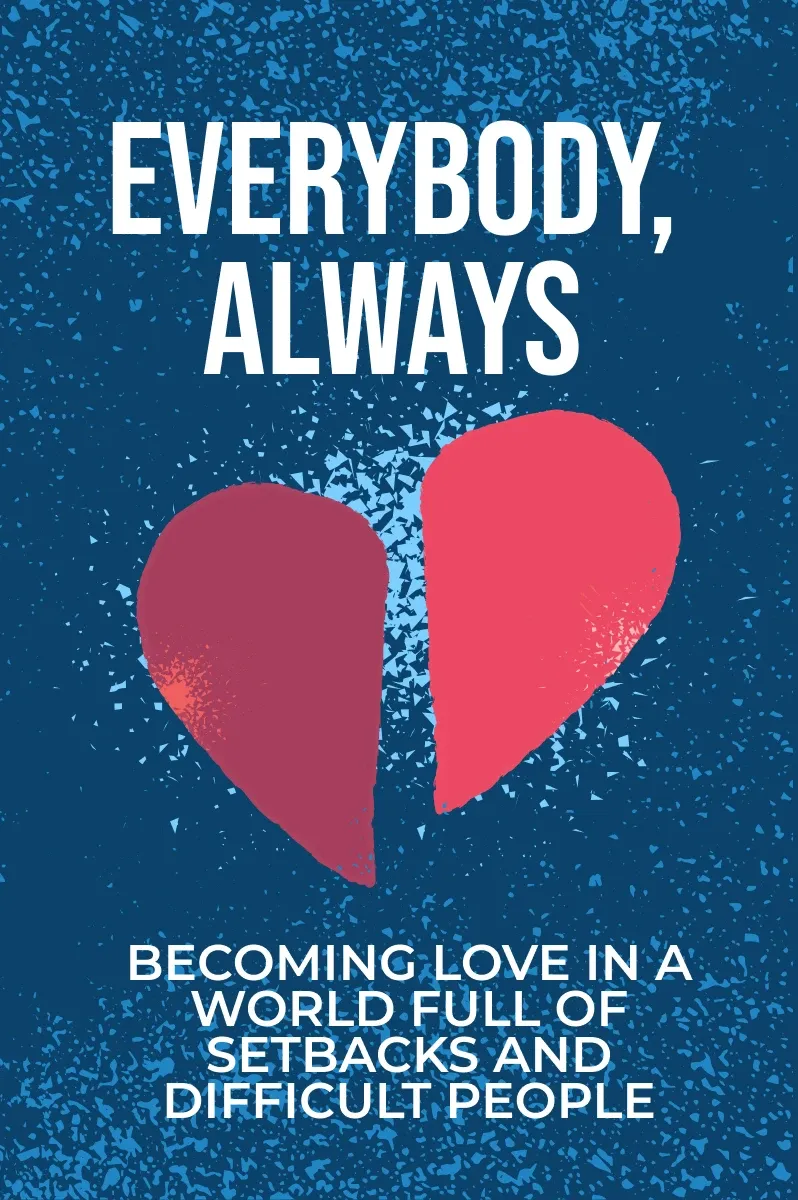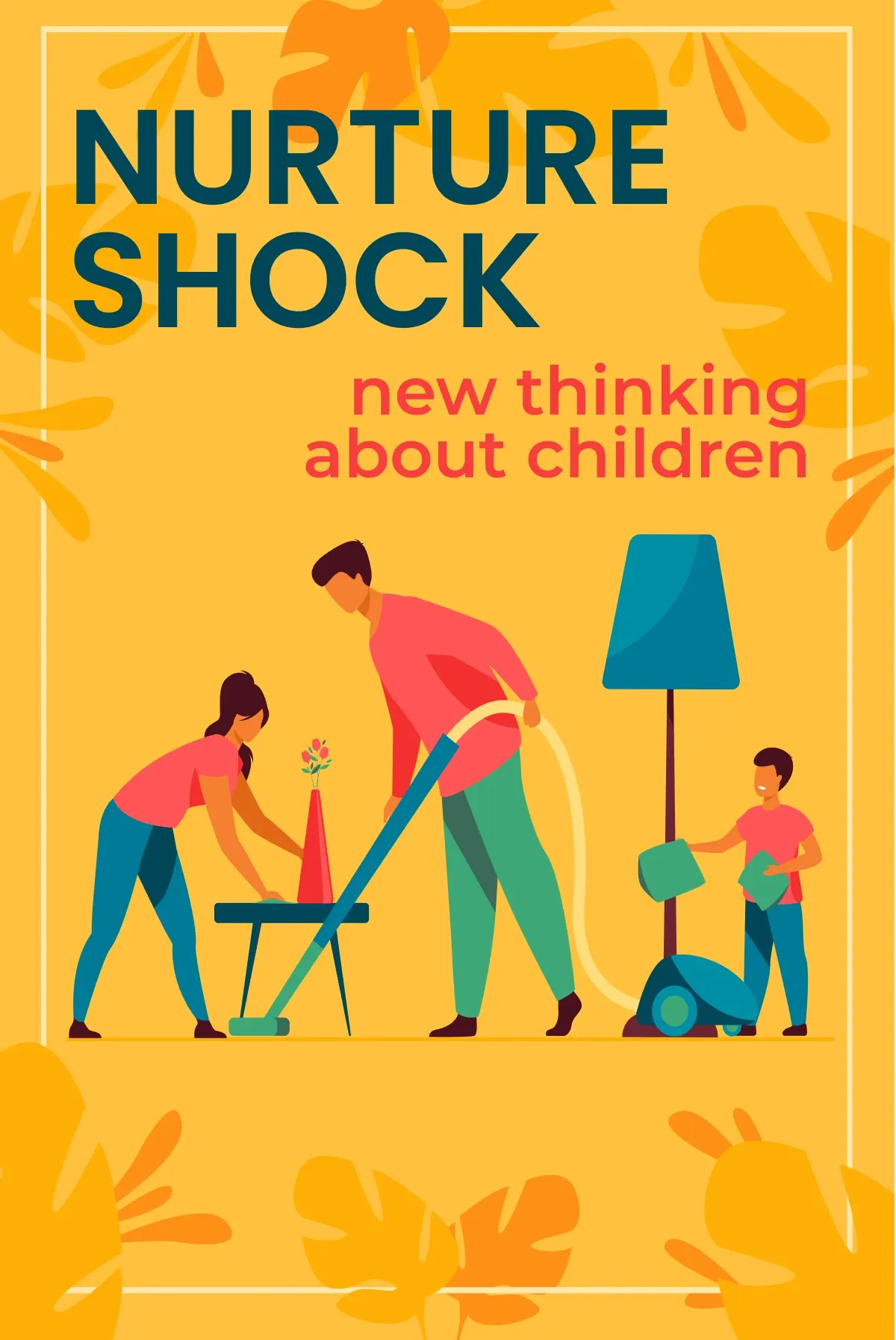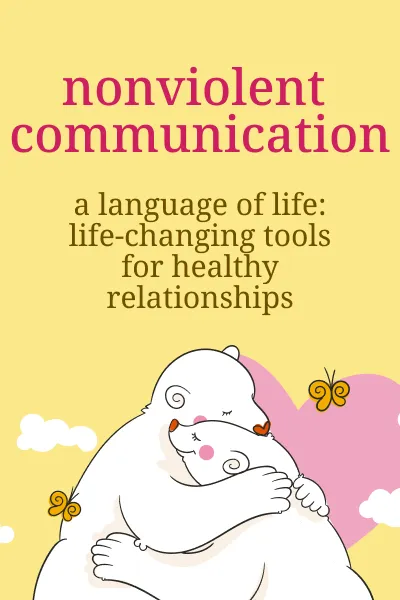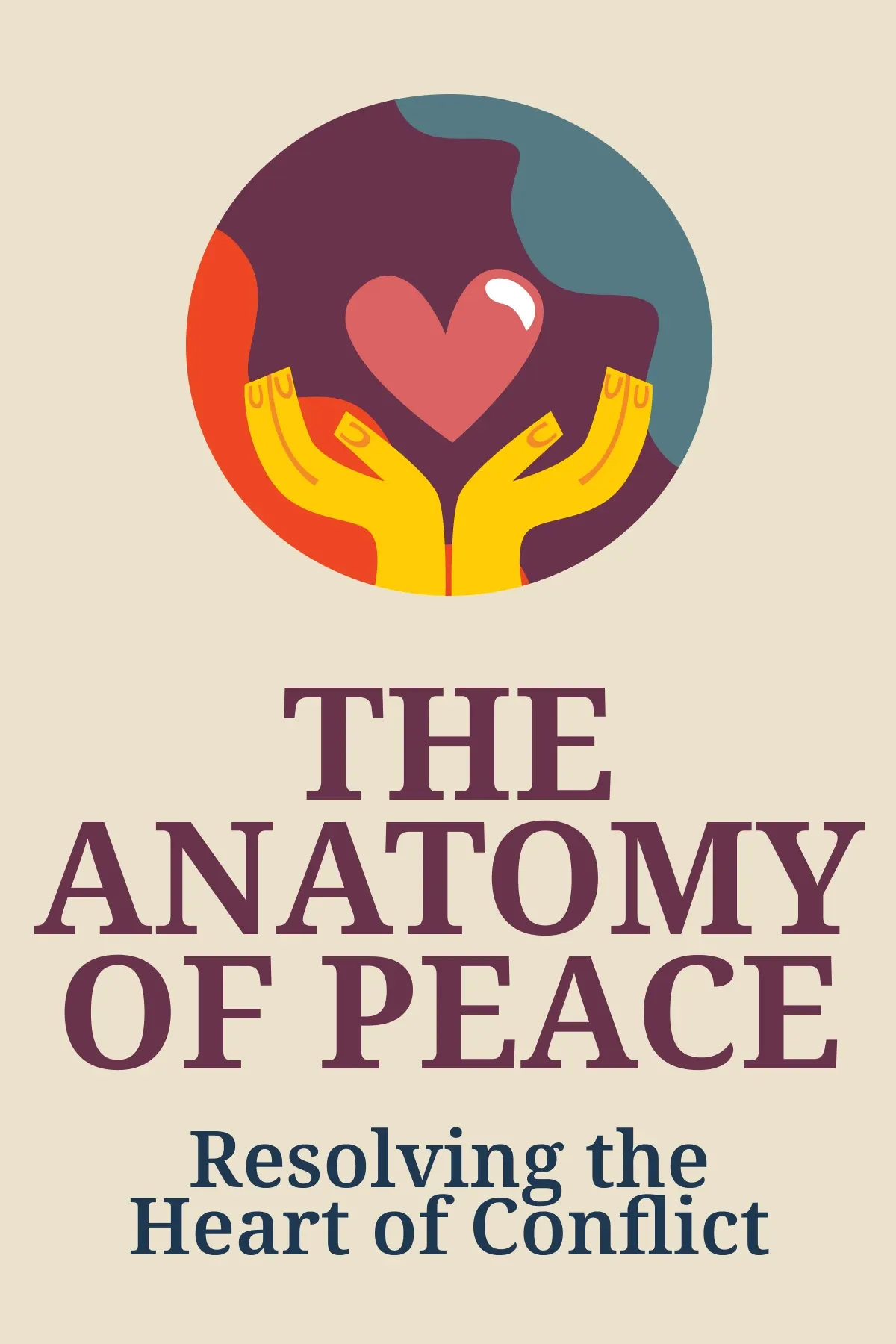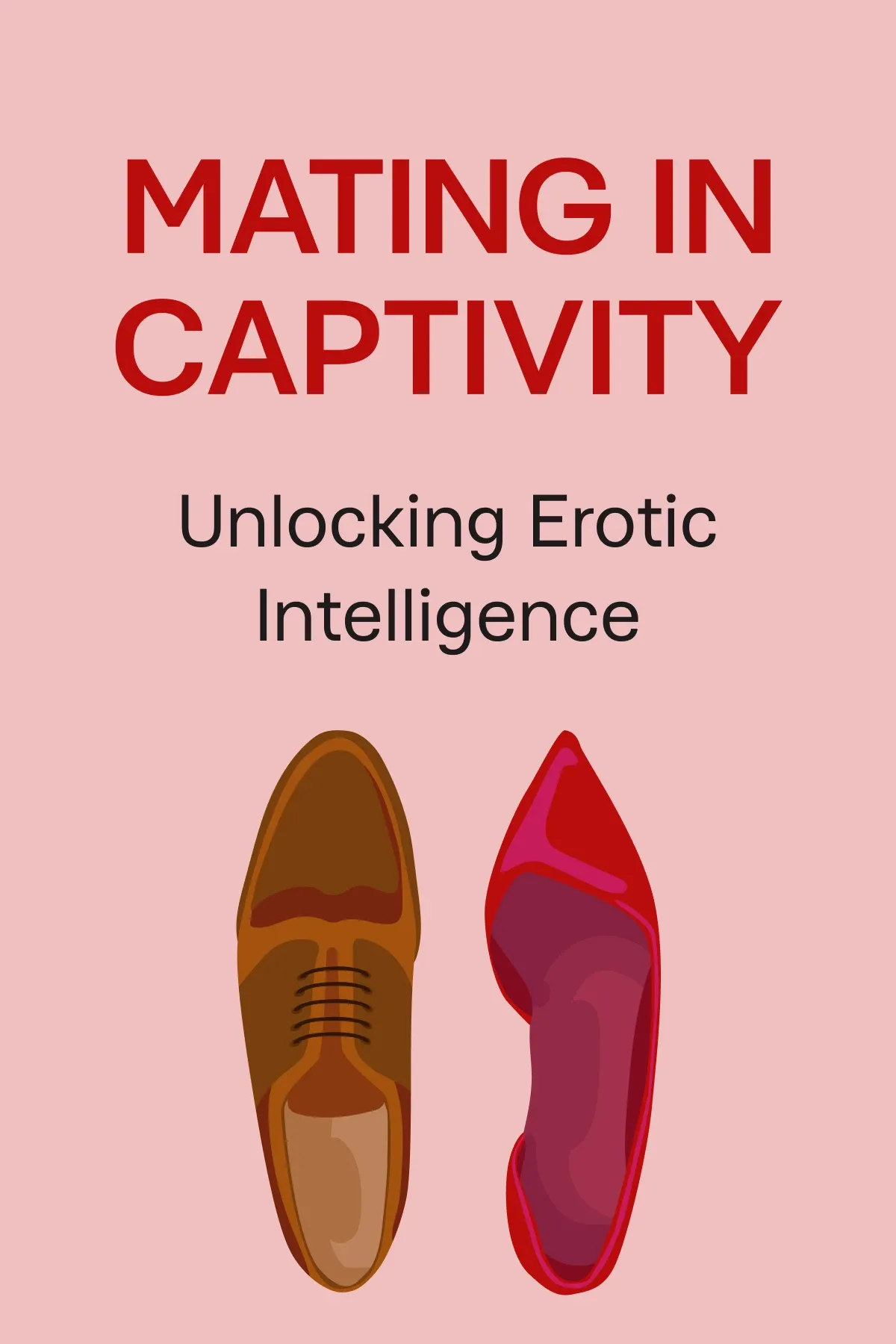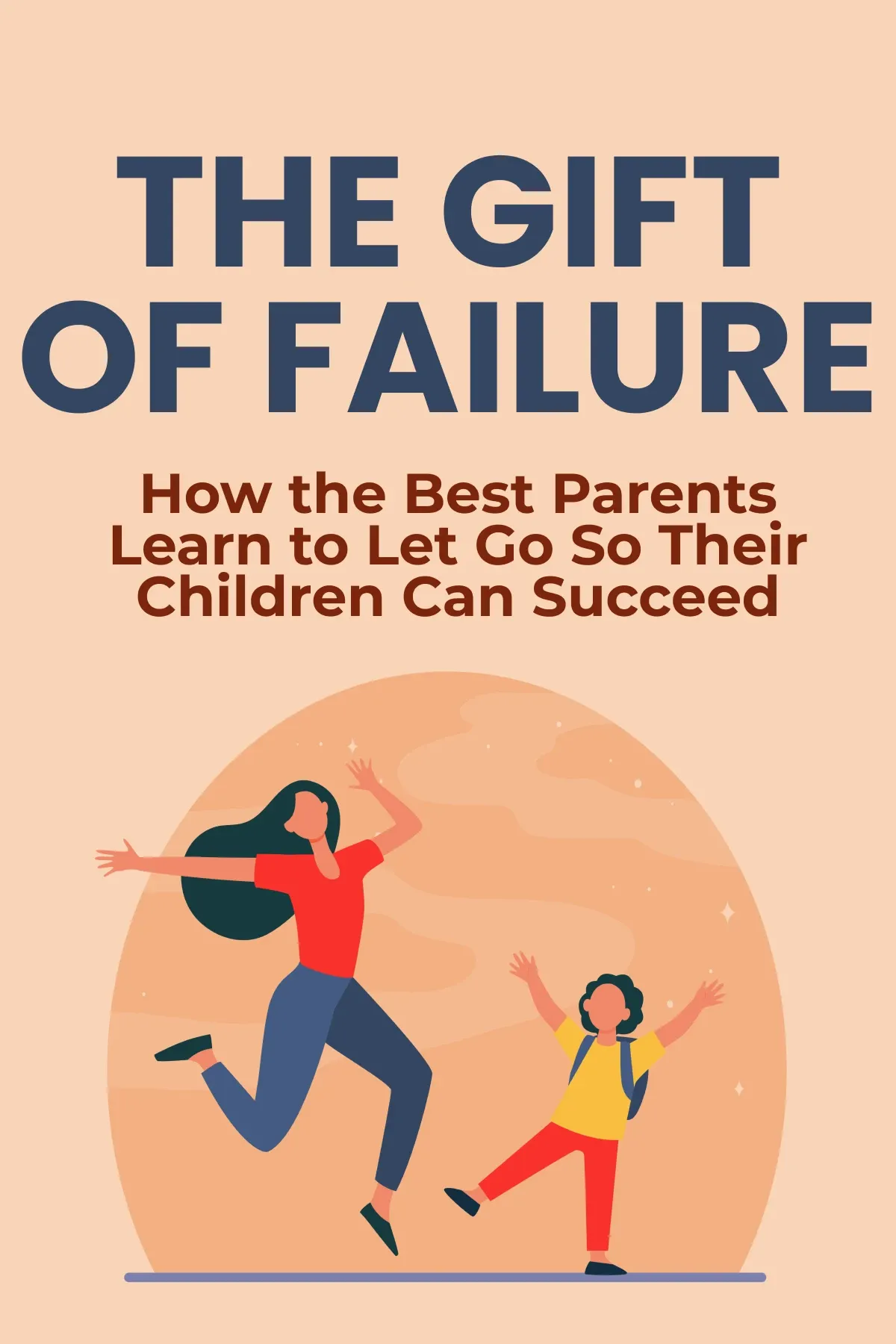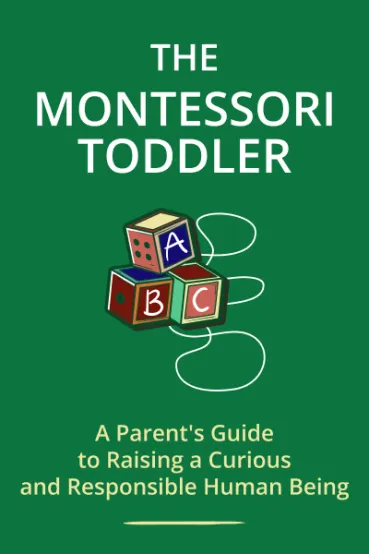
The Montessori Toddler
Brief Summary
“The Montessori Toddler” is an accessible primer for parents on raising their kids according to the famous Montessori system. This approach requires learning through curiosity and natural interests, which can be used in many ways, not only in education. Let’s look at the system’s principles that have proven its effectiveness worldwide.
Key points
Key idea 1 of 9
The future of children depends on how they are raised. That's why parents need to approach the process of raising children carefully, especially regarding their education. Most of us, as parents, studied in traditional schools, where the teacher stood at the front of the class and dictated what the children would learn. The education system applied a single approach to all students, regardless of their pace of learning and individual differences. However, traditional education, as it turns out, does not accommodate the diversity of children and is not the most effective method of teaching.
One of the first female doctors in Italy in the nineteenth century, Maria Montessori, developed her own method of education. She worked with children with disabilities and sought an ideal approach to their education. Later, she realized that the goal of education should not be to fill children with a vast amount of facts but to stimulate their desire to learn. This principle became fundamental to the education system named after Montessori. Let's look at the features of Montessori education that have made it popular worldwide.
Firstly, unlike traditional education, the Montessori system involves not only the relationship between the teacher and the child but also the environment. The space should be prepared accordingly for education and motivate the child to learn new things. It doesn't matter if it's a classroom, a house, or a yard. This environment should contain objects that would spark the child's interest in exploration. For example, these can be specialized toys with letters and numbers, building blocks, drawings, and puzzles. The child must choose what they want to learn, and the teacher only helps to explore the selected topic.
The second feature is the preference for practice over theory. Usually, in traditional education, children just have to read a textbook and cover the material. However, a much more effective approach is to put this knowledge into practice. For instance, when studying the topic of space, children can try to draw a picture of the solar system. Thus, they will use their tactile senses to better remember the location of the planets.
Finally, one of the main principles of Montessori education is respect. Each child is a unique individual who deserves respect. Moreover, it also teaches children how to treat other people in society.
FAQ
You may also like these summaries



